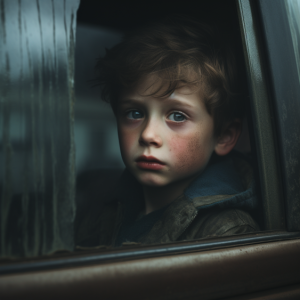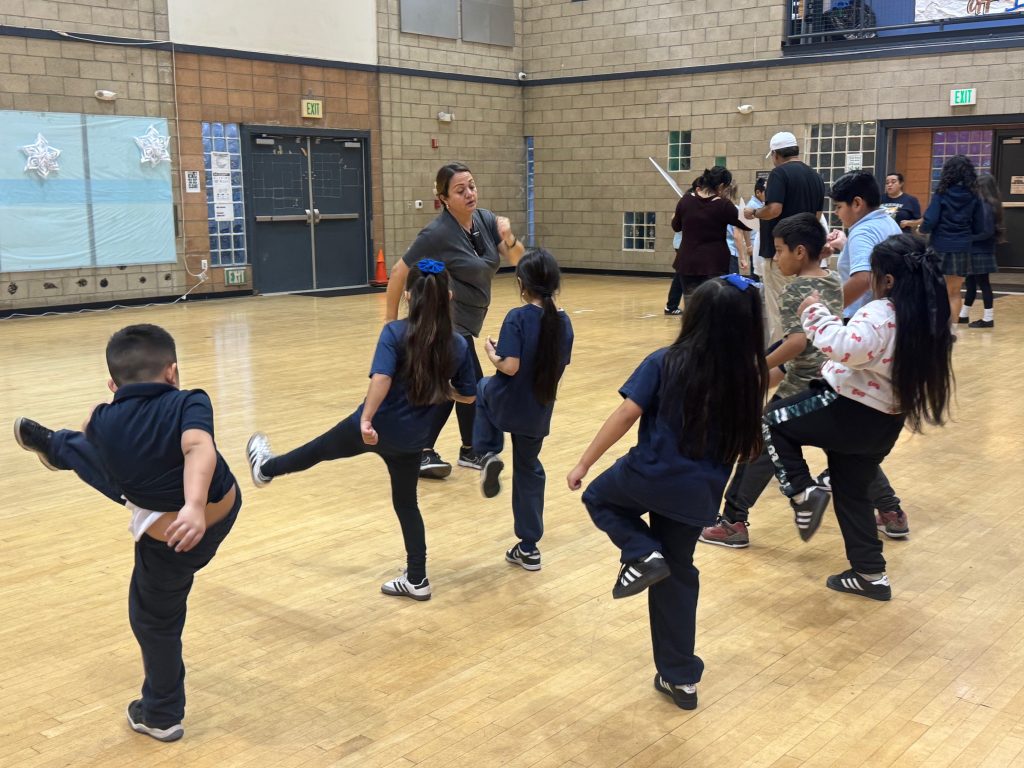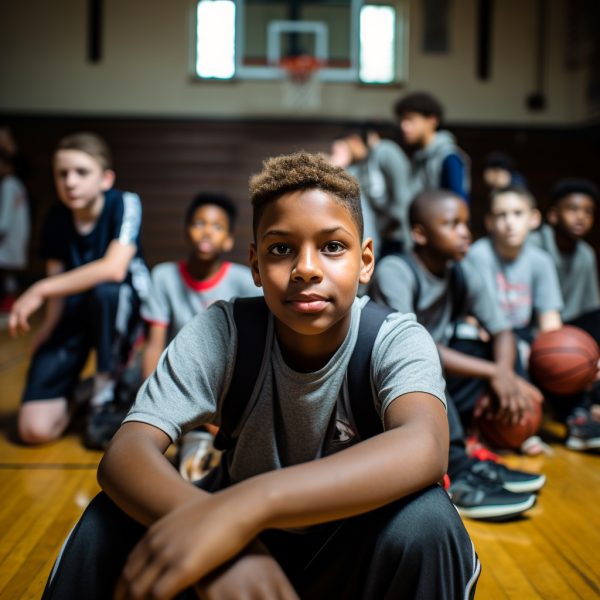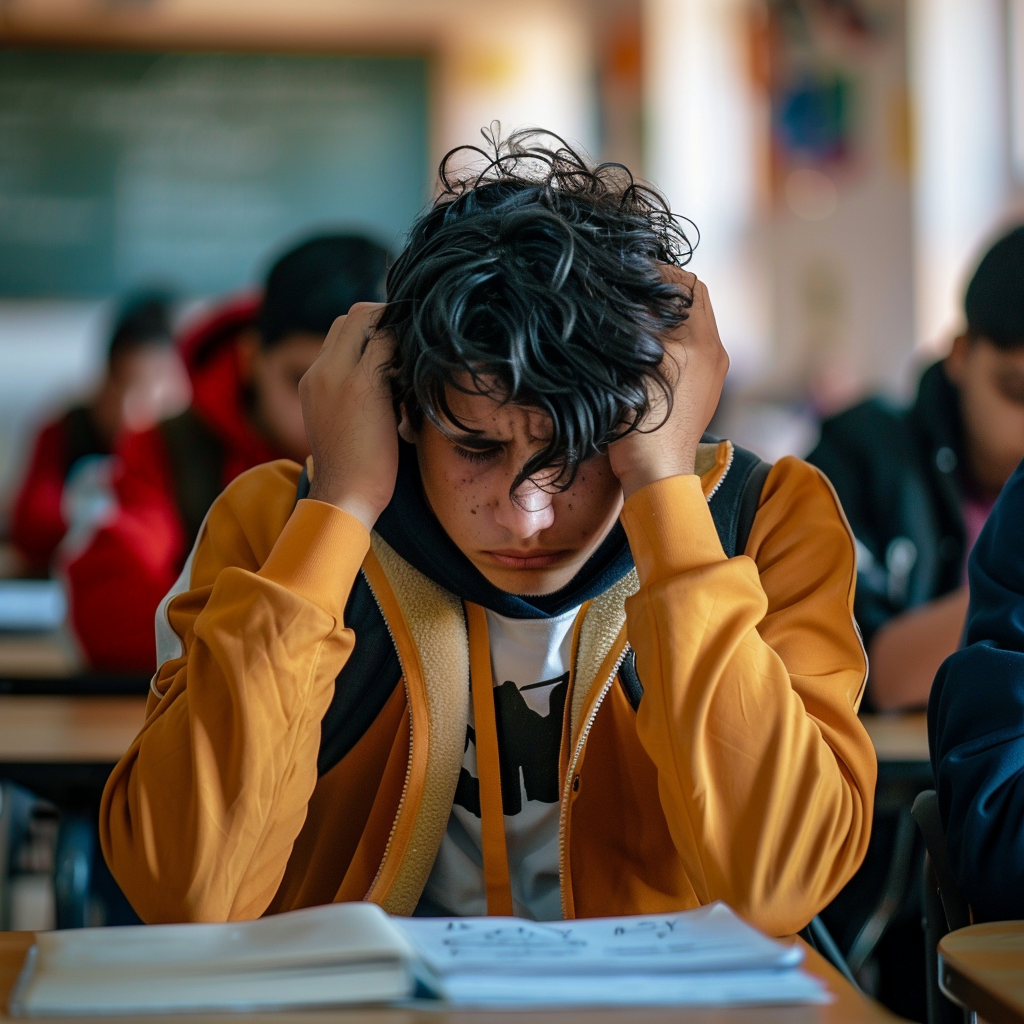 In the somber reality of the foster care system, where uncertainty and upheaval are constant unwanted companions, a potent catalyst for a positive transformation lies in wait – martial arts. Amidst the struggles and adversities that define their young lives, martial arts emerges as a profound conduit for empowerment, unearthing hidden reservoirs of strength and resilience.
In the somber reality of the foster care system, where uncertainty and upheaval are constant unwanted companions, a potent catalyst for a positive transformation lies in wait – martial arts. Amidst the struggles and adversities that define their young lives, martial arts emerges as a profound conduit for empowerment, unearthing hidden reservoirs of strength and resilience.
Far more than a mere form of physical fitness or self-defense, it becomes a sanctuary of hope, a refuge where foster children can unravel their potential, cultivate fortitude, and forge a promising path into the future where perhaps none existed before.
Within the confines of martial arts, children from diverse backgrounds find solace in the rigorous discipline and consistent routines. For those navigating the turbulent waters of foster care, its impact surpasses the physical realm, becoming an emotional stronghold where they can focus on their own journey of strength and self-discovery.
In this exploration, we venture into the extraordinary healing realm of martial arts, and witness the way it bolsters self-confidence, kindles self-esteem, and instills vital life skills, offering participants a lifeline to break free from their tumultuous pasts and embrace boundless possibilities for the future. This journey illuminates how it can empower anyone to defy their circumstances and unleash a tenacity that knows no limits.
The Harrowing Reality
The following statistics have been provided by The Annie E. Casey Foundation (2023), where the KIDS Count Data Center compiles data from the National Child Abuse and Neglect Data System, the federal Adoption and Foster Care Analysis and Reporting System, and the National Youth in Transition Database as a whole.
- In 2021, 203,770 children under 18 entered foster care in the United States, a rate of 3 per 1,000.
- Over a third of foster children and youth experience more than two placements each year, meaning their living arrangements change at least three times a year. These moves are disruptive, stressful and often traumatizing. Stable relationships and home environments are critical for healthy child and youth development.
- The trauma that foster children experience exposes them to:
- Safety and risky behaviors, such as youth ending up in juvenile detention facilities, and teens abusing alcohol or using cigarettes, marijuana and other drugs.
- Deficits in mental and physical health, such as young adults feeling depressed or hopeless, and health conditions (e.g., obesity, asthma and special health care needs).
- Academic achievement and related issues; for example, low test scores, increase in school discipline, students missing school, students not completing high school, teens neither working nor in school and much more.
- More than 19,000 youth left foster care in 2021 without reuniting with their parents or having another permanent family home.
- The transition to adulthood is a significant and challenging developmental phase of life for all young people, but youth aging out of foster care on their own must face this without the support of a stable, loving family. Many also lose access to services and supports offered through the foster care system. Not surprisingly, these youth and young adults are more likely to experience behavioral, mental and physical health issues, housing problems and homelessness, employment and academic difficulties, early parenthood, incarceration and other potentially lifelong adversities.
- One in five report experiencing homelessness between ages 17 and 19, and over one in four (29%) report being homeless from 19 to 21.
- One in five reports being incarcerated between ages 17 to 19 as well as ages 19 to 21.
- One in 10 report becoming a parent between ages 17 to 19 while nearly one in four (23%) say they became parents between ages 19 to 21.
- By age 21, over two-thirds (70%) have a high school diploma or equivalent.
- Just 57% report being employed (full- or part-time) at age 21.
- The transition to adulthood is a significant and challenging developmental phase of life for all young people, but youth aging out of foster care on their own must face this without the support of a stable, loving family. Many also lose access to services and supports offered through the foster care system. Not surprisingly, these youth and young adults are more likely to experience behavioral, mental and physical health issues, housing problems and homelessness, employment and academic difficulties, early parenthood, incarceration and other potentially lifelong adversities.
- The trauma that foster children experience exposes them to:
 According to the American Academy of Pediatrics (2021), the largest unmet need of children within the foster care system is mental and behavioral health care.
According to the American Academy of Pediatrics (2021), the largest unmet need of children within the foster care system is mental and behavioral health care.
Children and teens thrive under routines, structure, and reasonable expectations, especially when partnered with a warm and nurturing home environment (AAP, 2021).
While these statistics are disturbing at the very least, they are an oversimplification of the real issue: thousands of children within the foster care system are in dire need of mental, behavioral, and physical health outreach programs, and as a community we must supply what we can to fill that gap.
Providing Hope
We already know that martial arts is a comprehensive journey of personal growth – leading to mental, emotional, and physical strength building across the board.
Check out our other blogs on how martial arts can enrich your personal journey of growth HERE!
How Can It Benefit Those in the Foster Care System?
Here at Believing Through Achieving, we have a unique learning platform that cuts out the obstacles normally preventing people from learning martial arts.
We have found that consistency, transportation, and coordination of schedules can often be a challenge within foster homes, and with our program, learning martial arts at home online is an easy solution.
The training platform acts as an online dojo. This dojo is a refuge where simple, consistent positive behavior is recognized and rewarded. The dojo model, through mentoring and peer-to-peer recognition, fosters discipline and respect.
So, What About Self-Confidence?
The erratic nature of their living situations, the pain of severed connections, and the awareness of their transient circumstances often produces low self-esteem in foster care children. Martial arts training through skill development inherently nurtures a higher self-worth. This high level of confidence translates into a willingness to learn new things, unlocking a myriad of prospects for growth and advancement.
 Martial arts stands as a solid testament to the human spirit’s indomitable resilience. The impact on these young people extends far beyond the realm of physical fitness, reaching deep into the emotional core, instilling values, and nurturing a sense of belonging and perhaps most importantly, hope.
Martial arts stands as a solid testament to the human spirit’s indomitable resilience. The impact on these young people extends far beyond the realm of physical fitness, reaching deep into the emotional core, instilling values, and nurturing a sense of belonging and perhaps most importantly, hope.
The journey of a foster child is one of profound challenges and victories, with happy moments and far too many not so happy. Martial arts imparts not only the art of self-defense but the art of survival, offering a shield against the storms of life and a beacon of hope in the face of uncertainty. By embarking on their journey to self-empowerment, these children can chart a course towards success within the world.
References
American Academy of Pediatrics. (2021). Mental and Behavioral Health Needs of Children in Foster Care. Retrieved from https://www.aap.org/en/patient-care/foster-care/mental-and-behavioral-health-needs-of-children-in-foster-care/#:~:text=Children%20and%20teens%20often%20enter,others%20and%20their%20property%2C%20etc.
The Annie E. Casey Foundation. (2023). Child Welfare and Foster Care Statistics. Retrieved from: https://www.aecf.org/blog/child-welfare-and-foster-care-statistics






